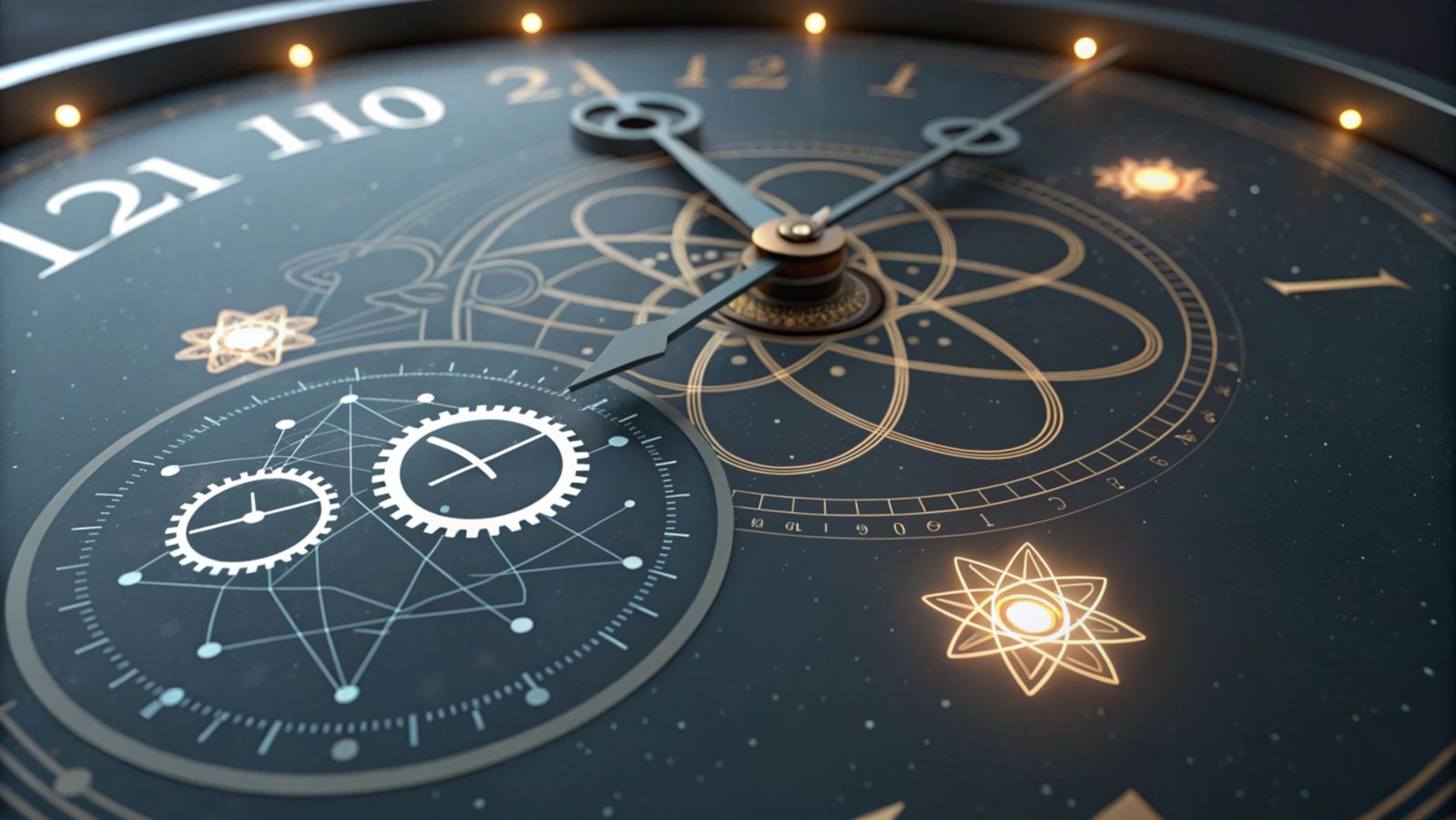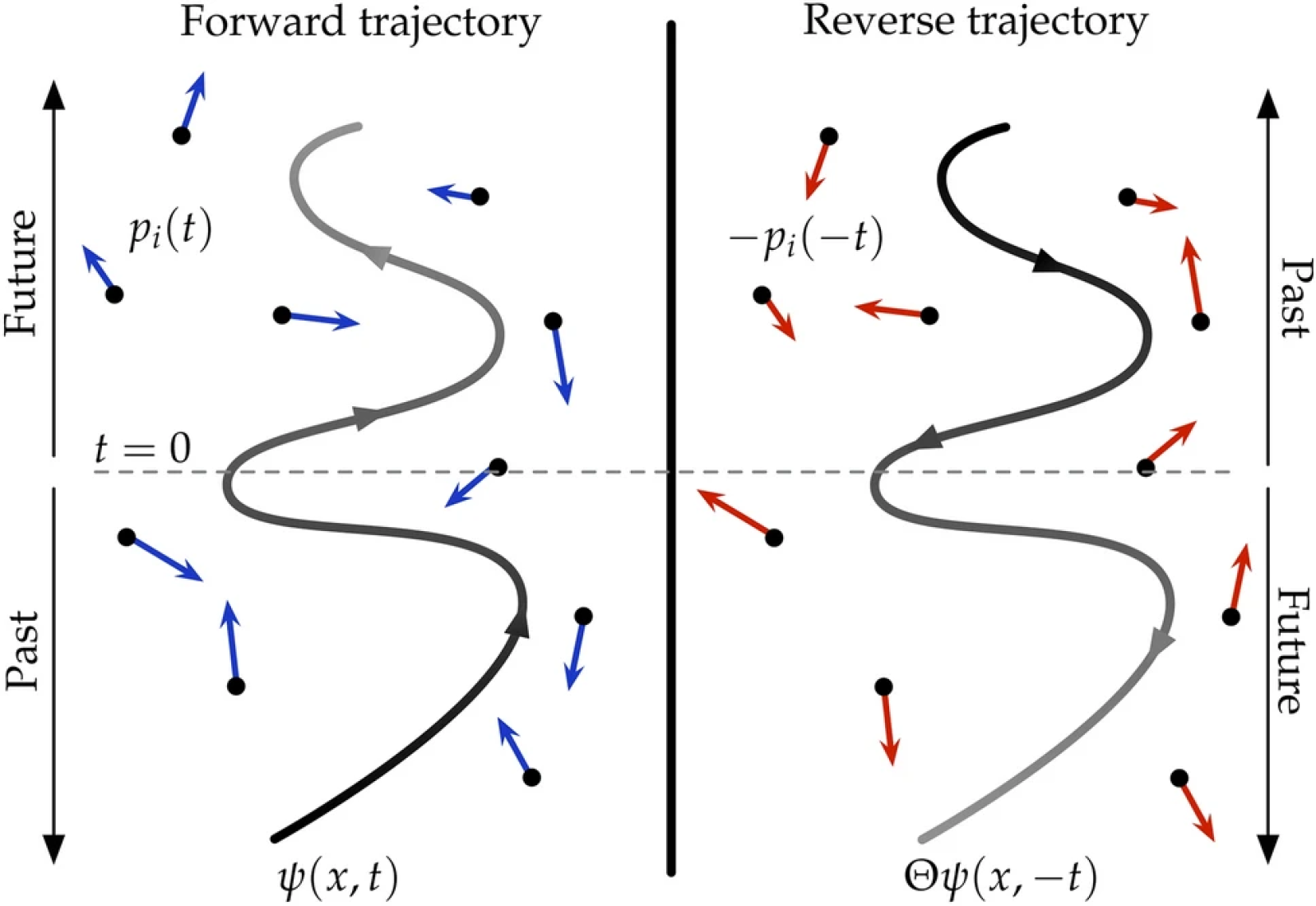What if time wasn't one-way? The revelations of quantum physics ⏳
Follow us on Google News (click on ☆)

Scientists have long debated the arrow of time, the concept that time flows irreversibly from the past to the future. Yet, the fundamental laws of physics do not intrinsically favor a single direction. This study, published in Scientific Reports, suggests that in some quantum systems, time could theoretically flow in both directions.
The team examined how a quantum system interacts with its environment, an 'open quantum system'. They simplified the problem by making two key assumptions: treating the environment in a way that focuses solely on the quantum system, and assuming that the environment is so vast that energy and information dissipate without returning.
This approach allowed them to understand how time emerges as a unidirectional phenomenon, although at the microscopic level, it could theoretically move in both directions. The equations describing these systems behave the same way, whether time moves forward or backward.
Thomas Guff, a postdoctoral researcher, emphasized the importance of a mathematical detail often overlooked: a discontinuous factor in time that maintains temporal symmetry. This discovery offers a new perspective on one of the greatest mysteries in physics.

Diagram showing the concept behind the time reversal transformation. The system and environment move backward in time.
Credit: Scientific Reports (2025).
Understanding the true nature of time could have profound implications for quantum mechanics, cosmology, and beyond. This research opens doors to a deeper understanding of our Universe and the laws that govern it.
What is the arrow of time?
The arrow of time is a concept that describes the unique direction in which time seems to flow, from the past to the future. This perception is rooted in our daily experience, where events seem to follow each other irreversibly.
However, the fundamental laws of physics, such as those of quantum mechanics, do not distinguish between the past and the future. They are symmetric with respect to time, meaning they work the same way regardless of the direction of time.
This apparent contradiction between our experience and the physical laws has led scientists to explore systems where time could flow in both directions, such as in some open quantum systems.
The discovery of the possibility of time reversal in these systems opens new perspectives for understanding the fundamental nature of time and its role in the Universe.
How do open quantum systems influence our perception of time?
Open quantum systems are systems that interact with their external environment. This interaction is crucial for understanding how time emerges as a unidirectional phenomenon in our perception.
In these systems, energy and information can dissipate into the environment, meaning they do not return to the original system. This dissipation is key to explaining why we perceive time as flowing in one direction.
This suggests that, although we perceive time as unidirectional, it could actually be bidirectional at the quantum level, challenging our traditional understanding of time.